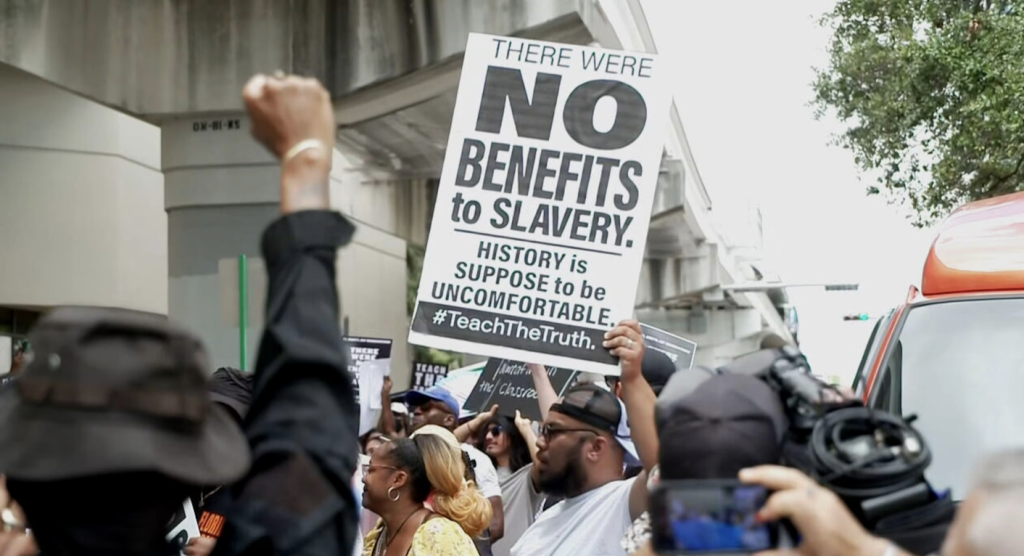A self-proclaimed critic of America, James Baldwin writes about the past, present, and future of our country with unparalleled profundity, eloquence, bluntness, and foresight.
As I suggested in another blog post earlier this semester, Baldwin remains timeless, unfortunately, however, not for the reasons he might have hoped. He gives voice to difficult and upsetting topics, problems that persist today, and compels his readers to look the issues of racism, sexuality, religion, and violence (as they relate to one another in American life) square in the eyes of faces of characters like John and Gabriel in Go Tell It On the Mountain; Giovanni, Jacques, and David in Giovanni’s Room; or Jesse and his parents in Going to Meet the Man. In case the message was not explicit enough in these texts, Baldwin offers an even more scathing portrayal of America in his shorter essays such as “The Price of the Ticket,” “My Dungeon Shook,” and “Faulkner and Desegregation,” to name a few of my particularly favorite works. In engaging with Baldwin’s prolific canon in writing and class discussions, I cannot say I felt particularly proud to be an American at any point in the semester. I am angered, frustrated, and disappointed by the little tangible change that has occurred in the decades since his passing. Yet, as Baldwin notes, these feelings are complicated by my whiteness and complicity in the oppression of Black Americans, manifest in seemingly small acts I take for granted like my ability to wear a hooded sweatshirt in public or pull over on the side of the road in front of a police officer without fear.
–
In “A Fly in Buttermilk,” Baldwin writes, “You can take the child out of the country, but you can’t take the country out of the child” (187). This sentence best captures one of my greatest takeaways from this course: the progress I seek for my country hinges on my ability to own my whiteness, privilege, and power– the things that make me American. I am part of the buttermilk that entraps and suffocates, and, while I detest it, I own this role. Baldwin reminds me that any attempt to distance myself from this reality, be it a “northerner joke” about the South or considerations of a more permanent life abroad in Spain, is futile. As much as I do not want to claim this America, I must. It would be a disservice to Baldwin, this class, and the future of our nation not to. He carried America’s dark history in his writing, a weight I am committed to undertaking and working to alleviate in his spirit.


